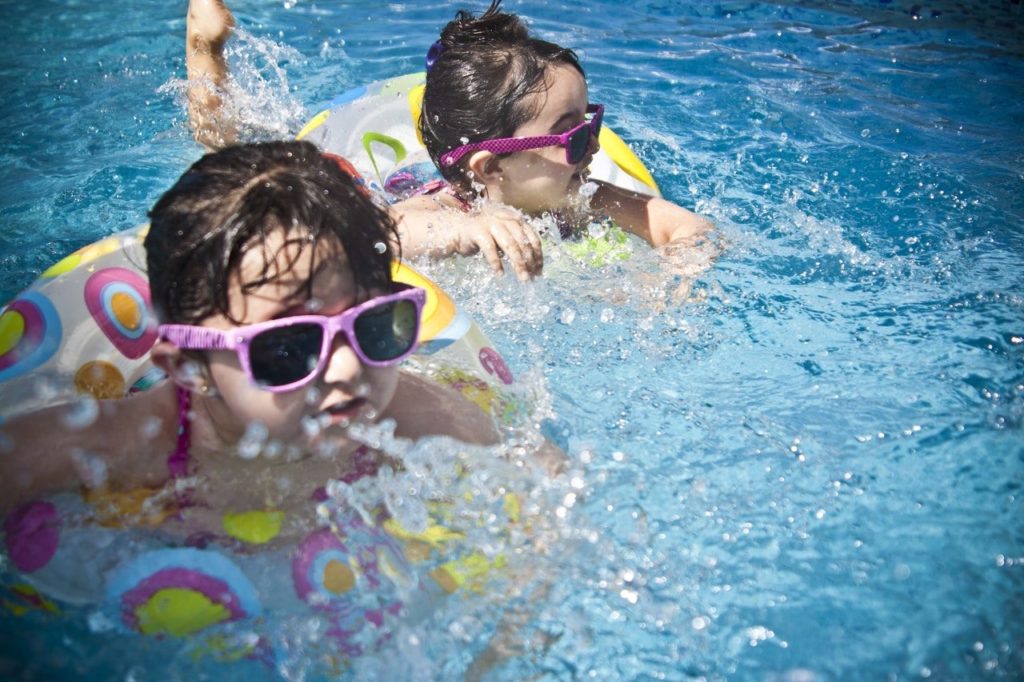In NSW, drowning is a leading cause of death in very young children. There is no doubt that proper supervision is the most effective way to prevent these awful losses from occurring, however, a compliant and well maintained child-resistant pool barrier is also crucial in ensuring your family’s safety.

To highlight the importance of the issue and ensure the safety of minor children, the NSW Government has recently made amendments to the Swimming Pools Act 1992. The first step was to require registration of all Pools in NSW by homeowners, and the most recent changes to the Swimming Pool Act 1992 can be found in the following article prepared by our managing Partner Stephen Rockliff.
Changes when selling property
Briefly, from 29 April 2016 properties sold with a pool or spa must have either:-
- A certificate of compliance; or
- A relevant occupation certificate and a certificate of registration; or
- A certificate of non-compliance.
Further, when you purchase a property with a non-compliant pool, you will have 90 days from the date of settlement to fix any areas of non-compliance.
Changes when leasing property
Properties leased with a pool or spa must also have either:-
- A certificate of compliance; or
- A relevant occupation certificate and a certificate of registration.
How long do I have to rely on my Certificate?
A Certificate of Compliance is valid for 3 years, whereas a Certificate of Non-compliance is valid for 1 year from the date it was issued.
Who is affected?
These changes affect a wide range of people including vendors, purchasers, tenants, landlords, real estate agents, Councils, NSW accredited Certifiers and most of all, Solicitors and Conveyancers that prepare the Contracts on behalf of the sellers or review Contracts on behalf of prospective buyers.
It is important to note that these changes do not apply for Strata or Community Scheme lots, or any off-the-plan Contracts.
Despite these changes coming into effect over 3 months ago, according to an article published in the Sydney Morning Herald on 13 August 2016, approximately one-third of Sydney houses on the market fail to comply with the new regulations requiring registration of pools and the new Contract requirements.
So what? You say…
According to the Article, homeowners who have not registered their pool should be aware that Local Councils plan to use satellite imagery and development applications to catch unsuspecting home owners that may be in breach of the regulations.
Using this new technology and relying on development applications, Councils are now armed with the resources to spot and catch unregistered pool owners
How does that affect the sale of my property?
Legally, the property cannot be advertised or offered to be sold unless the Contract includes the relevant certificate. Further, contracts entered into after 29 April 2016 that do not include the certificate (if applicable), run the risk that the purchaser can rescind the contract, due to the seller’s breach of the new requirements.
This places real estate agents or solicitors at risk for being sued by their clients, the sellers of the property, if the subsequent buyer was to rescind the contract on those grounds and the seller were to suffer damages as a result of the Solicitor’s or Agent’s non-compliance.
It is clear based on the research in the Sydney Morning Herald’s article that despite this risk and the consequences, many properties on the market do not comply. Does yours?
If you are thinking about selling or buying a property, make sure you have a Solicitor experienced in Property and Conveyancing to guide you through your transaction and to assure that your rights are being looked after. For more information or for advice concerning the new changes to these laws please contact the experienced team at Rockliffs Lawyers.
This article was written by Cristian Fuenzalida, Senior Associate at Rockliffs experienced in Property and Conveyancing.
